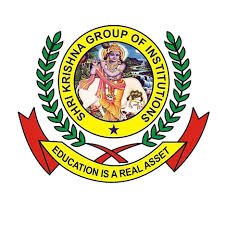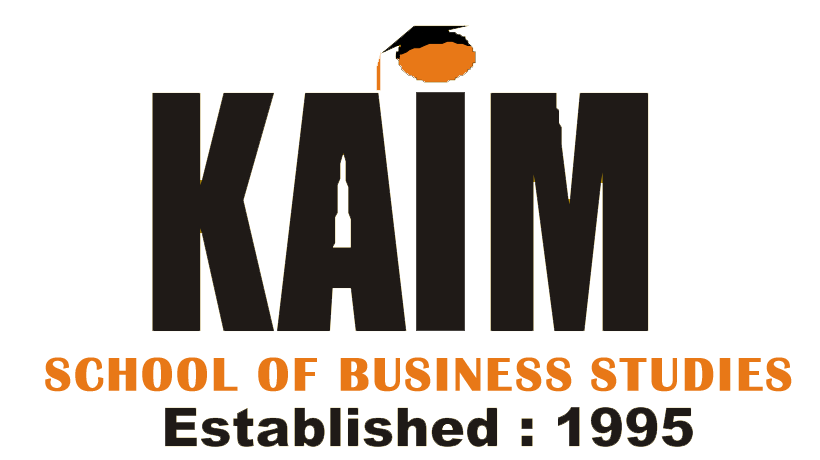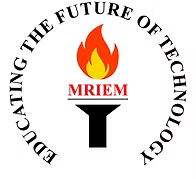Master of Education [M.ED]
2 Years
Shri Krishna College of Education offers a Master of Education (M.Ed.) program designed to provide advanced education in the field of teaching and pedagogy. The M.Ed. program is structured to enhance the knowledge, skills, and competencies of individuals who aspire to take leadership roles in education, contribute to educational research, or pursue further specialization in the field.
M.Ed. Course Details:
- Course Name: Master of Education (M.Ed.)
- Duration: 2 years (4 semesters)
- Mode of Study: Full-time
- Affiliation: The program is affiliated with Maharshi Dayanand University (MDU), Rohtak.
- Recognition: Approved by the National Council for Teacher Education (NCTE).
Course Structure:
The M.Ed. program at Shri Krishna College of Education provides a comprehensive curriculum that blends theoretical knowledge with practical application. Students are introduced to various advanced concepts in education, research methodologies, and specialized teaching techniques.
- Core Subjects:
- Philosophical and Sociological Foundations of Education: A deeper exploration of the philosophical, social, and cultural perspectives of education and how they influence educational policies and practices.
- Psychological Foundations of Education: Study of the psychological theories and practices that inform educational systems, focusing on human development, learning theories, and student behavior.
- Advanced Educational Research: A focus on research methods, tools, and techniques for conducting educational research, including qualitative and quantitative analysis.
- Curriculum Development and Pedagogy: Advanced studies on curriculum design, development, and implementation, along with modern teaching methods and strategies.
- Educational Technology: Integration of modern technologies in teaching and learning processes, focusing on innovative tools and approaches for effective education.
- Measurement and Evaluation: Study of advanced assessment techniques, types of evaluations, and their role in improving educational outcomes.
- Inclusive Education: Specialized training on educating students with special needs, learning disabilities, and other diverse learning requirements.
- Practical Components:
- Dissertation: Students are required to complete a research dissertation on an education-related topic. This enables them to apply research methodologies in real-world educational settings.
- Teaching Practice: Students engage in practical teaching assignments where they apply their theoretical knowledge in actual school environments. This includes planning, delivering lessons, and assessing students.
- Internship: The internship offers students the opportunity to gain hands-on experience by working in educational institutions, collaborating with experienced educators, and understanding school management.
- Elective Subjects (Specializations based on interest):
- Educational Leadership and Management: Studies focus on leadership, administration, and management in educational institutions.
- Guidance and Counseling: Students are trained in counseling techniques to provide academic, personal, and career guidance to students in schools and colleges.
- Environmental Education: Focusing on the importance of environmental education and how it can be integrated into the curriculum.
- Health and Physical Education: Advanced study of physical education programs and how to promote health and wellness in educational settings.
- Special Education: In-depth study of techniques and methods used in teaching children with disabilities and learning challenges.
Eligibility Criteria:
-
Educational Qualification:
- Candidates must have completed a Bachelor of Education (B.Ed.) degree from a recognized university with at least 50% marks.
- The candidate must possess a valid B.Ed. or equivalent qualification from an NCTE-recognized institution.
-
Age Limit: Generally, there is no upper age limit for M.Ed. candidates, but they must meet the academic eligibility criteria.
Admission Process:
- Application: Interested candidates must fill out the online application form available on the official website of Shri Krishna College of Education.
- Entrance Exam: Admission to the M.Ed. program is generally based on an entrance exam conducted by the college or Maharshi Dayanand University (MDU), Rohtak. The entrance exam assesses knowledge in educational theory, research methods, and relevant subjects.
- Counseling and Interview: Based on the entrance exam scores, candidates are shortlisted for counseling and document verification.
Facilities:
- Classrooms: Modern, spacious classrooms equipped with multimedia tools like projectors, smart boards, and audio-visual aids to facilitate interactive learning.
- Library: A well-stocked library with a vast collection of books, journals, and research papers related to education, psychology, pedagogy, and more.
- ICT Lab: A dedicated computer lab with access to internet resources and educational software to enhance the learning experience.
- Psychology Lab: A specialized lab to study educational psychology, focusing on student behavior, learning, and development.
- Research Facilities: Students have access to research resources and guidance from faculty for their dissertation and research projects.
- Sports and Extracurricular Activities: The college promotes holistic development through sports and various extracurricular activities.
- Wi-Fi & Internet: High-speed internet access is available throughout the campus for research, learning, and educational activities.
Fee Structure:
The fee for the M.Ed. program at Shri Krishna College of Education is subject to change every academic year. For updated fee details, students are encouraged to contact the admissions office or visit the official website.
Career Opportunities:
Graduates of the M.Ed. program can pursue a variety of career paths in education:
- Teacher Educator: Teaching at the college/university level in teacher training programs.
- Educational Administrator: Roles such as principal, vice-principal, or school administrator.
- Educational Consultant: Offering expertise to educational institutions and organizations on curriculum development, teaching methods, and educational reforms.
- Curriculum Developer: Designing curriculum for schools, educational agencies, or publishing companies.
- Special Education Teacher: Providing specialized teaching to students with special needs.
- Guidance Counselor: Offering counseling services in educational settings to support students' personal, academic, and career development.
- Educational Researcher: Engaging in educational research and contributing to the development of new teaching strategies, educational policies, or reforms.
- Content Developer: Creating educational content for publishers or e-learning platforms.






 OMAWATI686b96fcc7a5c.jpg)